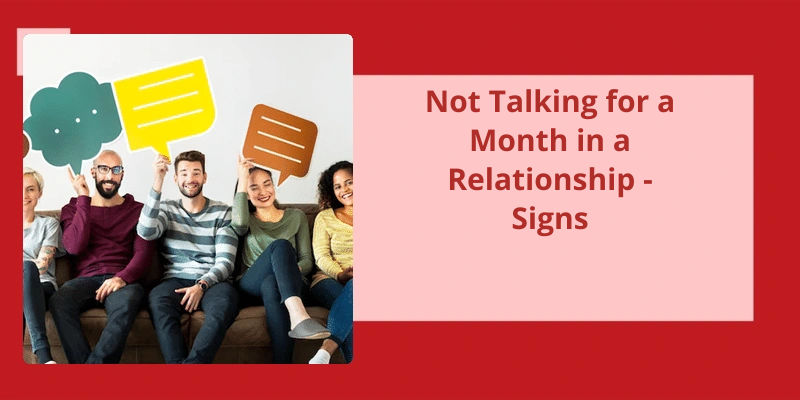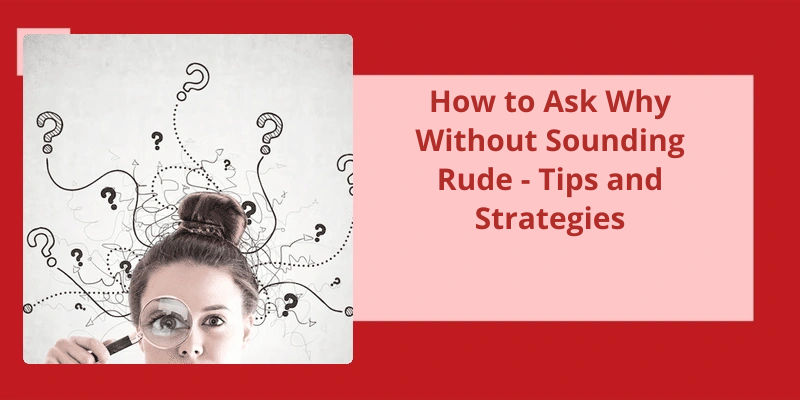Gossip has been around for centuries, and unfortunately, it doesn't seem like it's going anywhere any time soon. It can be extremely hurtful when you find out that someone is talking about you behind your back, but sometimes it's not always easy to tell. Whether it's a co-worker, friend, or family member, gossiping is never acceptable behavior. So how can you tell if someone is gossiping about you? There are several signs to look out for, including a change in their personality, the way they act around you, and how they interact with others. It's important to pay attention to these signs and take action if necessary to protect yourself from any harm that may come as a result of gossip.
How Do You Act When People Gossip About You?
When it comes to gossip, it can be tough not to take it personally. After all, it’s frustrating to hear that people are talking behind your back. But how you react to gossip can make all the difference. Here are three things you can do the next time you hear that people are gossiping about you.
Once youve ensured that youre not listening to whats being said, it’s important to figure out what the real issue is. Is the person spreading rumors because theyre jealous? Do they want to feel important by being the first to know something? By addressing the root of the problem, you can gain a better understanding of why the gossip is happening in the first place. This, in turn, can help you determine the best way to move forward.
Those who spread rumors or talk behind their peers backs are often unhappy or insecure themselves. By focusing on your own self-care and setting boundaries that protect your mental health, you can avoid getting caught up in their negativity.
By staying calm, setting boundaries, and addressing the problem at it’s root, you can protect your reputation and avoid getting caught up in drama that doesn’t serve you. So, always try to keep your calm and composure intact in such situations.
Gossiping can be difficult to recognize, but it can have harmful consequences. Here are some signs to look out for.
How Do You Know if You Are Gossiping?
Gossip can be a great way to bond or to feel included in a social group, as sharing information about others can often make us feel closer to them. However, it’s important to take a step back and assess whether you’re engaging in gossip that may be harmful to others. One sign that you’re gossiping is if you find yourself sharing information about another persons personal or private life that you wouldn’t want shared about yourself. If you wouldnt want others sharing information about your own life, it’s best to avoid doing it to others.
Are you speaking kindly about the person you’re discussing, or are you making negative assumptions or judgements about them based on limited information you’ve heard?
While it’s natural to want to discuss the lives of others with close friends or family members, it’s important to ensure that you aren’t engaging in activities that could potentially harm the reputation of others.
Are you sharing information about another person to genuinely help them or to simply share important updates with others? Or are you sharing information to feel included or important within a social group? As you consider these questions, it may be helpful to reflect on ways that you can shift your focus towards positive, uplifting conversations that build others up instead of tearing them down.
Remember that your words have power, and by using them to uplift others, you can help create a more positive, compassionate world for all.
Source: What’re the signs that people are gossiping about you?..
As humans, we tend to communicate with others about our feelings and thoughts. One common way of doing this is by sharing news and rumors about other people, commonly known as gossip. However, have you ever wondered why we engage in gossip, and does it reveal something about our emotions? Interestingly, some experts suggest that gossip can potentially indicate feelings of jealousy and envy towards the subject of conversation. Let’s explore this concept in more detail.
Is Gossip a Form of Jealousy?
Gossip has been a part of human society since ages. It’s a general notion that people love to talk about others, feel superior by sharing their opinions and pass judgments. However, while gossip is seen as a casual conversation, it holds strong potential to harm someone’s reputation and self-esteem. It’s believed that gossip is often fueled by jealousy – a feeling of resentment towards someone’s success or achievements.
Jealousy is a natural human emotion, and feeling envious of someone is also a common phenomenon. However, when we can’t control our jealousy, it can take the form of gossip. We want to bring down the person who’s at the receiving end of our jealousy by spreading rumors, negative comments or criticize their behavior, character, or personality. It’s a way to hurt someone without getting directly involved or confronting them.
When we feel inferior about ourselves, we tend to find faults in others as a way of relieving our own sufferings. We perceive others as a threat to our self-esteem and may indulge in spreading negative rumors about them as a defense mechanism to protect our fragility.
Still, it’s undoubtedly a manifestation of our unconscious negative emotions that we struggle to deal with. Being mindful of our words and actions can help us to lead a more peaceful and positive life.
The Importance of Self-Reflection and Addressing Our Own Insecurities and Emotions.
- Self-reflection helps us identify our own insecurities and emotions.
- It’s important to address our own insecurities and emotions in order to become more self-aware.
- By acknowledging and addressing our emotions, we’re better able to manage them in healthy ways.
- Self-reflection can lead to personal growth and a better understanding of ourselves.
- It can also improve our relationships with others and our ability to empathize with them.
- Ignoring our insecurities and emotions can lead to negative consequences such as anxiety, depression, and strained relationships.
- Self-reflection requires honesty and vulnerability, but it can ultimately lead to greater self-confidence and self-acceptance.
- Taking the time for self-reflection and addressing our own insecurities and emotions is a vital component of personal development.
Conclusion
In conclusion, gossiping can be toxic and hurtful, especially when it pertains to someone's personal life. If you suspect that someone is talking behind your back, it can be difficult to confirm, but there are signs to look out for. Changes in behavior and personality, discomfort and fear, avoidance of eye contact, and "protective" behavior may indicate that someone is gossiping about you. It's important to address the situation in a respectful manner and set personal boundaries to protect your mental and emotional well-being.






